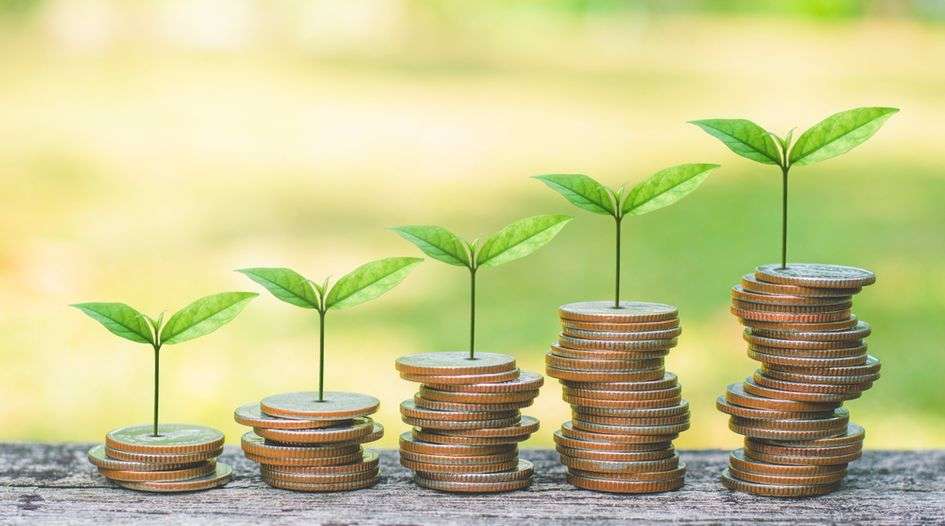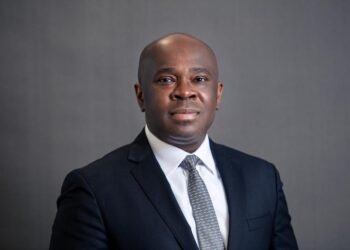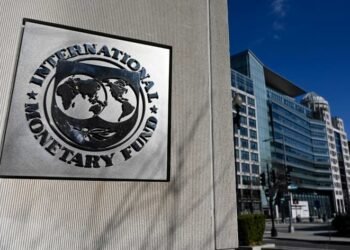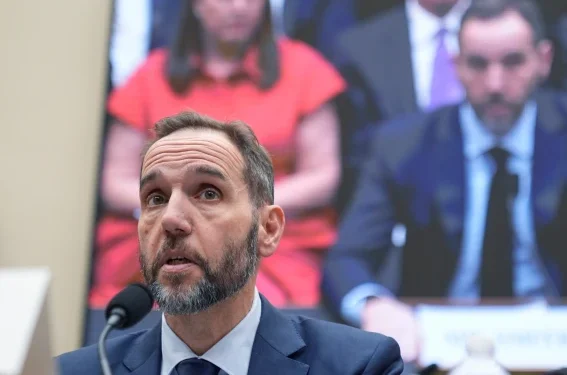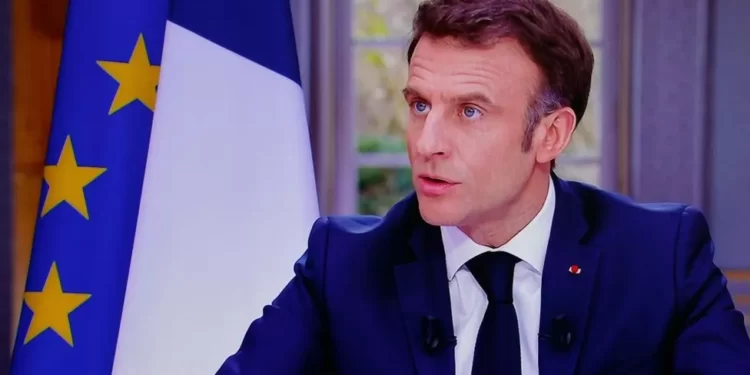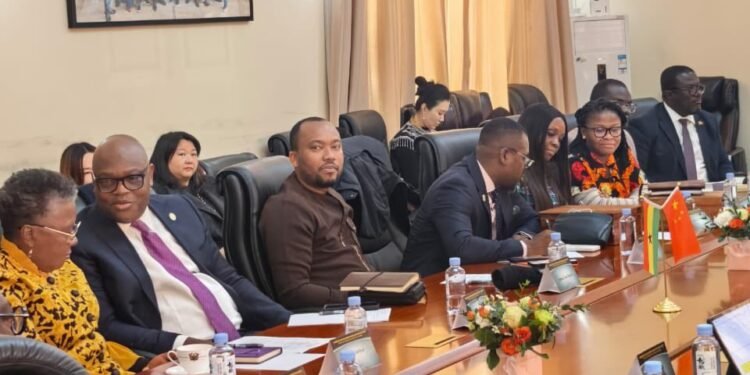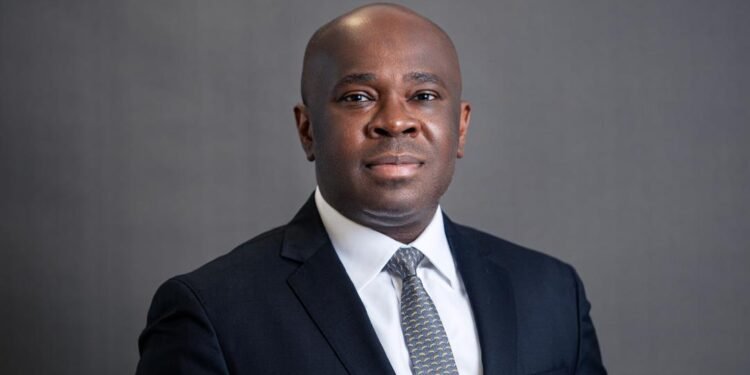Economist and Professor in Finance at the University of Ghana Business School, Prof. Godfred Bokpin has averred that, what Ghana needs is not merely debt restructuring but also support to close its funding gap.
This, he said while giving his opinion about what he thinks about Ghana’s External Debt Restructuring Programme (EDRP), which the Finance Minister, Honorable Ken Ofori-Atta indicated will better improve the economy after successful completion of its Domestic Debt Exchange Programme (DDEP).
According to Prof. Bokpin, with Ghana currently locked out of the Eurobond international capital market, it has become necessary that the government fosters these bilateral relations with creditor nations in order to be able to finance its activities.
“So we’re not just asking for China to forgive us of their debt, we’re also asking for China to step up to the plate again in helping Ghana to close the funding gap. Why is that important? If you look at the way the IMF has worked over the years, if you look at the IMF programme, it will take more than the IMF itself could provide in translating the programme objectives into actuality. So you actually need more than 3 billion dollars when you cost the IMF programme.”
Prof. Bokpin
Prof. Bokpin said this will make China, a significant partner of the country as according to him, China currently holds a greater proportion of the country’s external debt – over 30%.
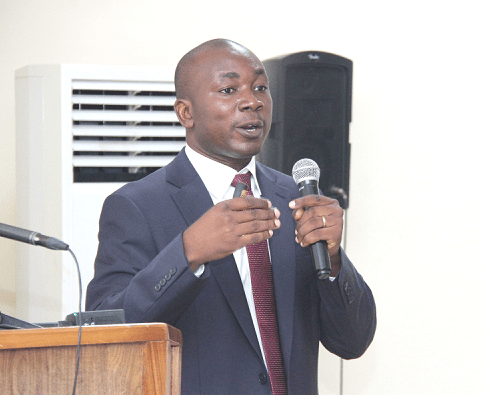
Explaining further, the Economist opined that China has strategically placed itself to becoming a major infrastructure development sponsor to infrastructure development in Africa over the past 20 years, adding that with the Paris Club creditors currently focusing on the Russia-Ukraine war and the energy crisis among other domestic issues, China’s approval and assurance to continue supporting Ghana has become very crucial.
Ghana is not merely looking for debt restructuring, but also assurance of continuous fiscal support, stressed Prof. Bokpin. Moreover, government also out-priced from the domestic capital market, needs to foster these bilateral funding relations in order to close its huge budget deficit, he added.
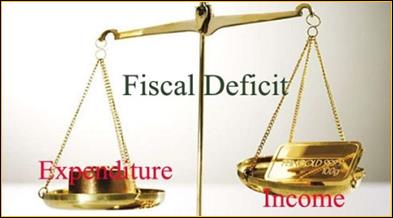
“If you look at the 2023 budget, it has a huge fiscal deficit. The fiscal deficit tells you the borrowing requirement of the government. Now, given that the government has lost market access on the Eurobond international capital market, then again, from the domestic market, in terms of the medium to the long term earnings, we’ve been priced out.
“Government has no means of financing the deficit. The only option left now is more of the short term; Treasury bills and Bank of Ghana actually monetizing the deficit. You’ve seen already that the IMF has sent a signal that they will not tolerate the continuous monetizing of the deficit by the Central Bank because of the inflationary pressures that it creates. So what that tells you is that, once we’ve lost market access, and there’s no indication that by the end of this year or next year, Ghana is going to go to the Eurobond market.”
Prof. Bokpin
Zero-financing, likely to cause Ghana to revert to its old ways
Economist Prof. Bokpin, in his earlier remark presupposes that despite the zero financing coming with benefits of causing government to be disciplined and more intentional about its spending, this decision may also further affect the country’s budget deficit, leaving Ghana with no other option but going back to its old ways – acquiring more external debt.

“Beyond that, it means that beyond restructuring your debt, you also need assurance of commitment from these development partners, mostly bilateral; that, in agreeing to restructure the debt or debt forgiveness, in addition to forgiveness of sins, they’re going to provide additional funding in closing the gap. And that is how come China is so critical.”
Prof. Bokpin
This, Prof. Bokpin said in his closing remarks, emphasizing strongly on the need for government to secure support to close its funding gap, while also pleading with its external debt creditors for debt restructuring or forgiveness.

